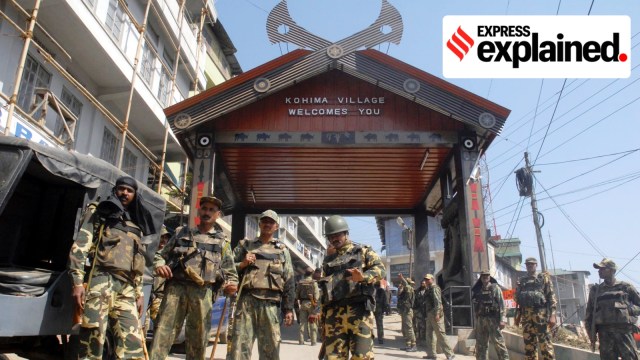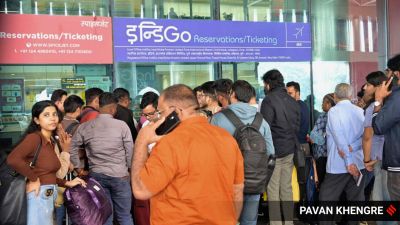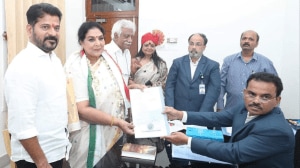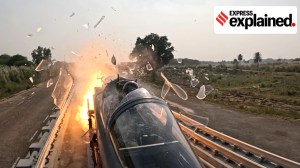Nagaland has stated that despite the existence of clinching evidence against the Army personnel involved in the operation, the Centre declined last year to grant sanction to prosecute them. The court has issued notices to the Centre and the Ministry of Defence seeking their responses, returnable in six weeks.

What happened in the Mon incident in Nagaland?
On December 4, 2021, a team of the Army’s 21 Para (Special Forces) launched an operation to ambush militants based on specific intelligence about the movement of militants in Nagaland’s Oting. However, six civilians were killed in the operation. Subsequently, villagers clashed with the Army personnel involved in the operation, which led to the deaths of seven villagers and a soldier.
The state government set up a special investigation team (SIT), which filed a chargesheet naming 30 Army personnel. The Army carried out its own internal inquiry into the incident, which did not find wrongdoing on the part of the personnel.
In July 2022, the Supreme Court stayed the prosecution of the armed forces personnel, acting on petitions filed by the wives of the accused, stating that they were being prosecuted without the mandatory clearance for prosecution from the Centre. The petitioners also demanded that the FIRs against the accused personnel should be quashed.
Subsequently, the Centre, in February 2023, refused to grant sanction to prosecute the Army personnel.
What do the law and applicable rules say?
Col Mukul Dev (retd), a veteran military lawyer who practises in the Supreme Court, said that under Section 197 of the Code of Criminal Procedure (CrPC), no central government employee can be prosecuted without the sanction of the central government.
Story continues below this ad
The Centre likely did not grant sanction to prosecute these personnel since the Armed Forces (Special Powers) Act, 1958 (AFSPA), was in force in Nagaland’s Mon district at the time the incident occurred, Col Dev said.
The AFSPA grants certain special powers to the armed forces and provides them with special protections in certain notified areas that are “disturbed or [in] dangerous condition [such] that the use of armed forces in aid of the civil powers is necessary’’. These “disturbed” areas, which could be a state or a part of it, have typically been those that are hit by militancy.
AFSPA allows the armed forces to open fire, even causing death, make arrests without warrants on the basis of “reasonable suspicion”, and also search premises without warrants. Security personnel cannot be prosecuted or have legal proceedings initiated against them for these actions without the prior approval of the Centre.
“The Centre’s decision not to sanction prosecution of these personnel would have been based on these two primary factors,” Col Dev said.
Story continues below this ad
However, the Centre has, in the past, granted sanction for prosecution despite AFSPA being applicable in an area. “This is done if it is found that the armed forces or security forces personnel have carried out unwarranted atrocities or have exceeded their mandate against civilians during official discharge of duties,” Col Dev said.
Also, armed forces personnel are given immunity against action if it is established that an offence was committed by them unintentionally while discharging their official duties, he said.








































